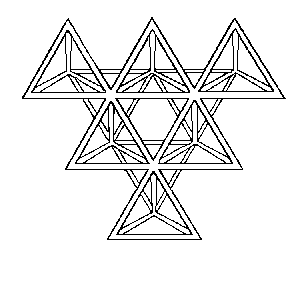
Return to Mark/Space
Parallel processing, expert systems, robotics, smart machines, artificial life, cellular automata.
"Trying to get computers to do things that would be considered intelligent if done by people." --Marvin Minsky.
"1. The concept that computers can be programmed to assume capabilities thought to be like human intelligence such as learning, reasoning, adaptation and self-correction.
"2. An extensive branch of computer science embracing pattern recognition, knowledge based systems, computer vision, robotics, scene analysis, natural language processing, mechanical theorem proving with more areas being added all the time." (in The Wordsworth Dictionary of Science & Technology , 1995)
"The field of artificial intelligence has a complex identity. It is an engineering discipline. Its researchers make smart artifacts -- industrial robots that assemble cars, expert systems that analyze the stock market, computer agents that sort electronic mail. It also has a theoretical side. AI researchers try to use ideas about computer intelligence to think more generally about human minds...
"Early AI researchers divided into two camps, each supporting one of the two primary competing models for how AI should be done. One group considered intelligence entirely formal and logical and pinned its hopes on giving computers detailed rules they could follow. The other envisioned machines whose underlying mathematical structures would allow them to learn from experience." --Sherry Turkle (in the Life on the Screen , 1995).
